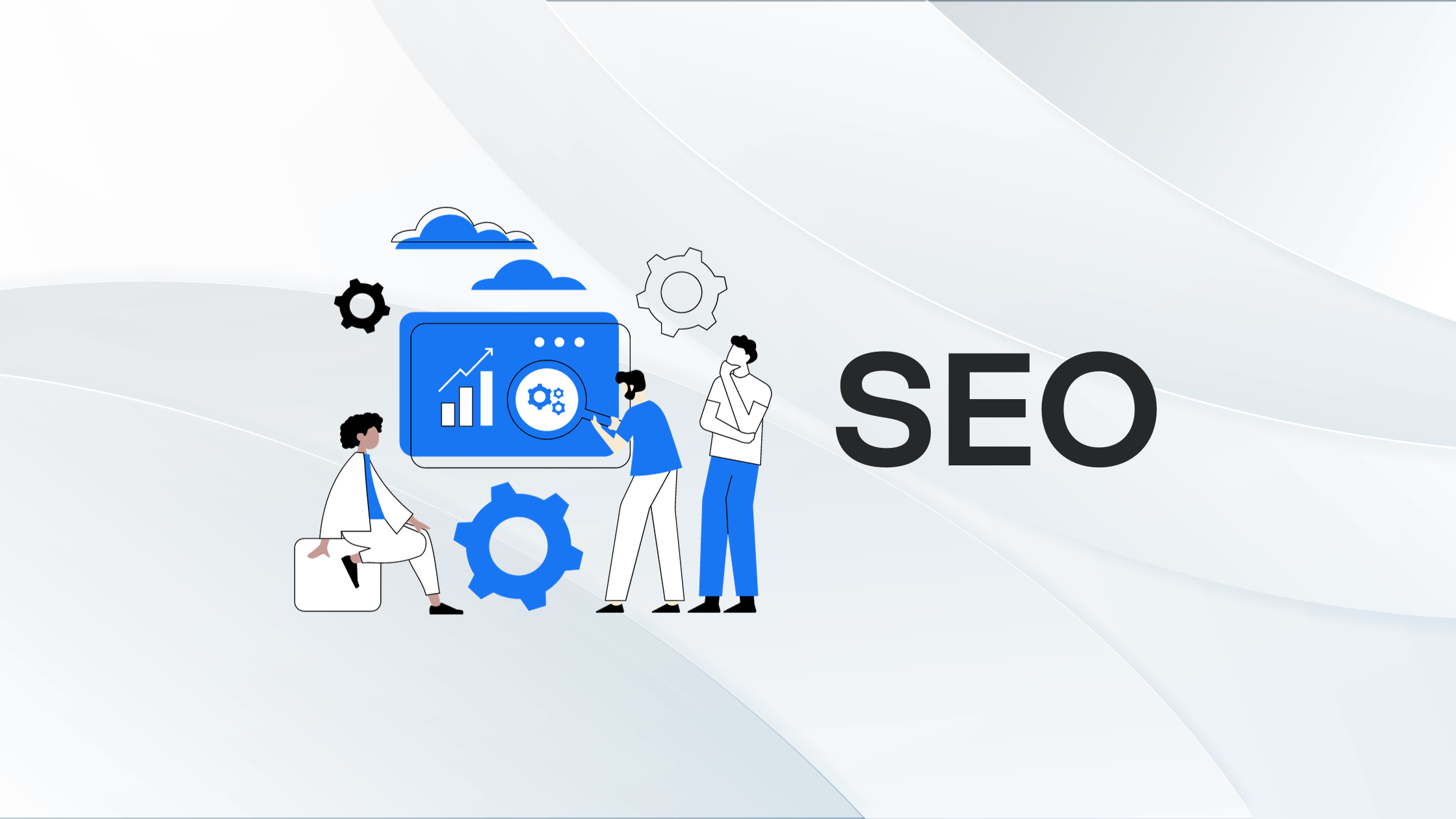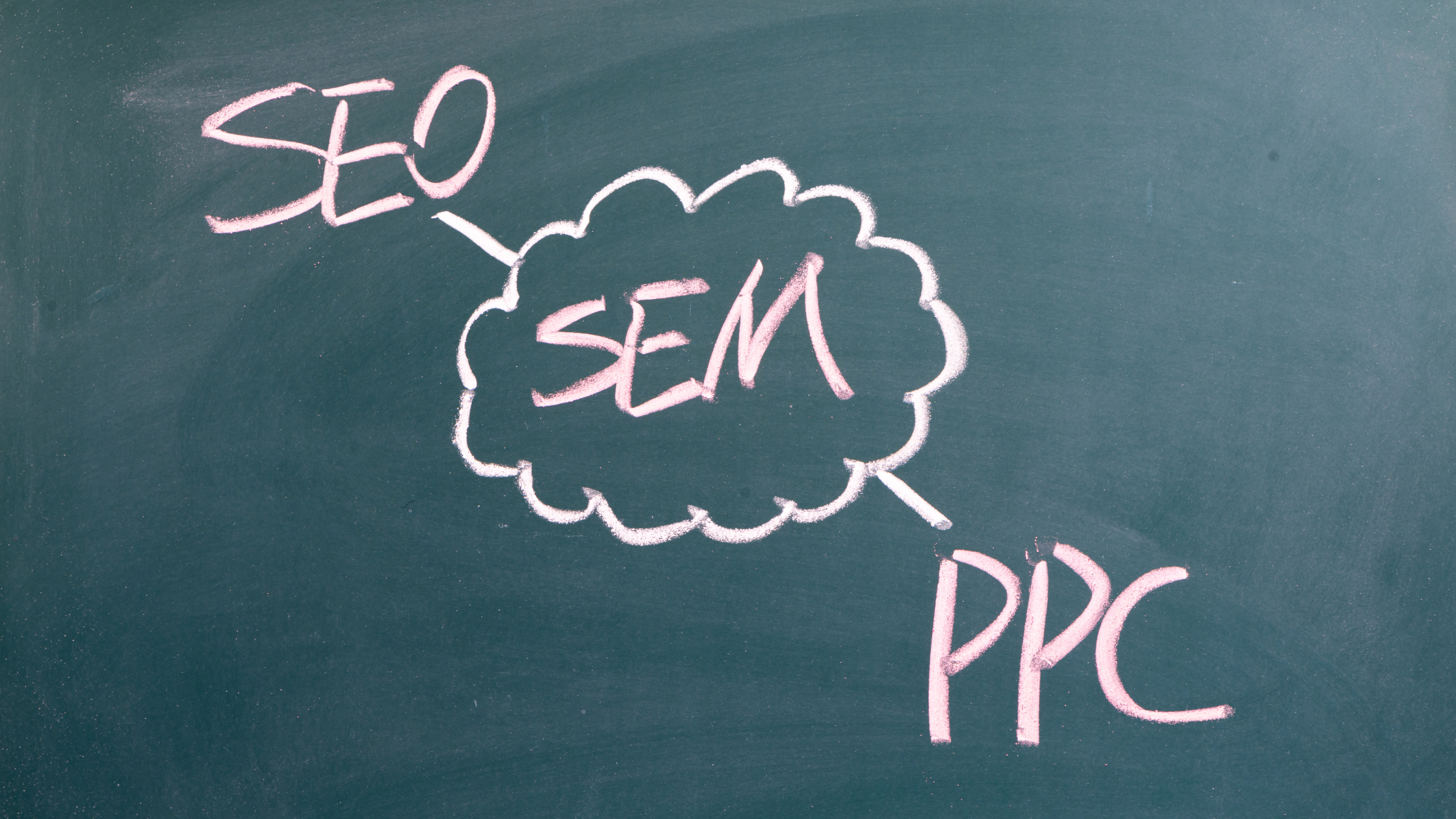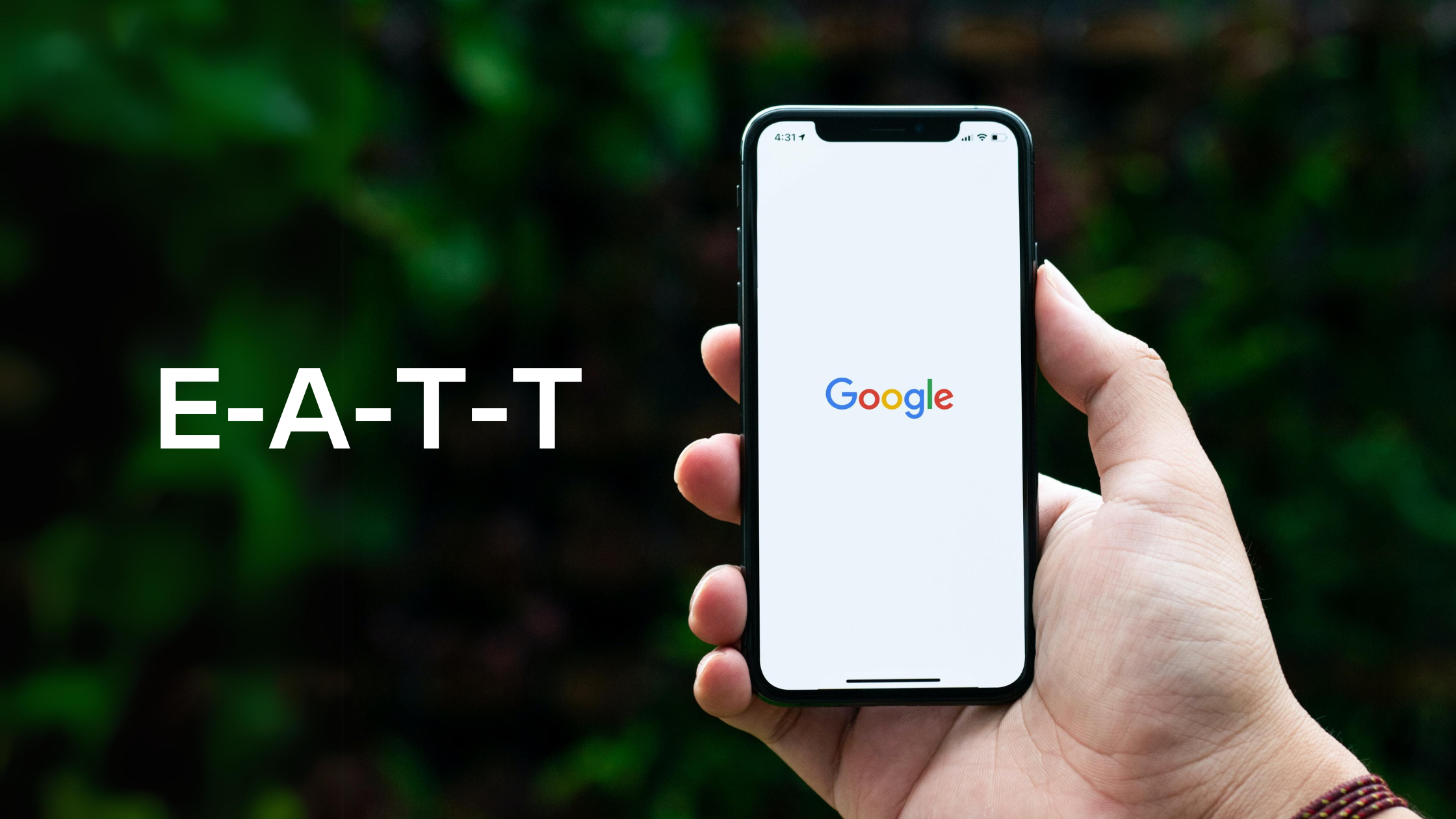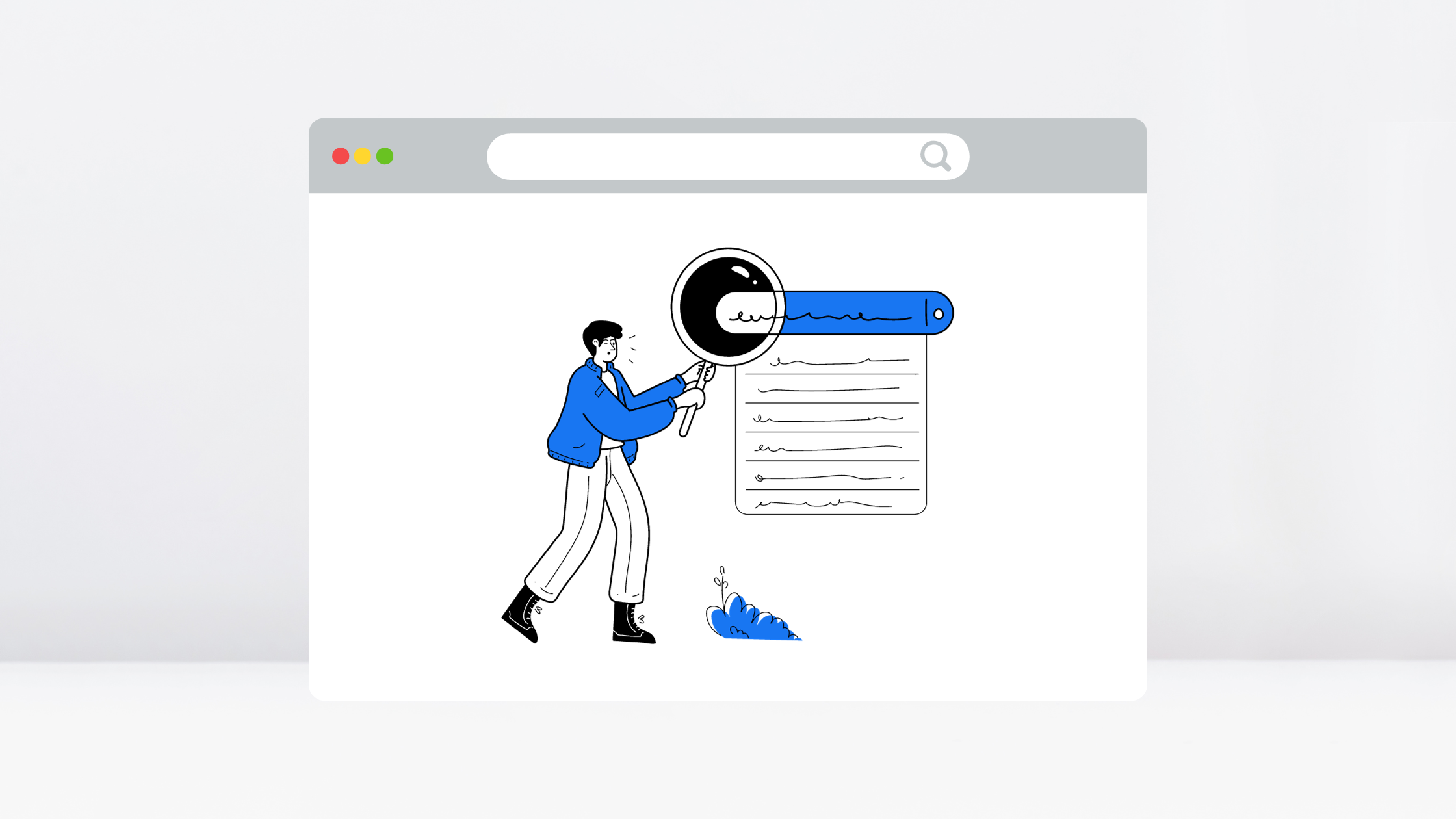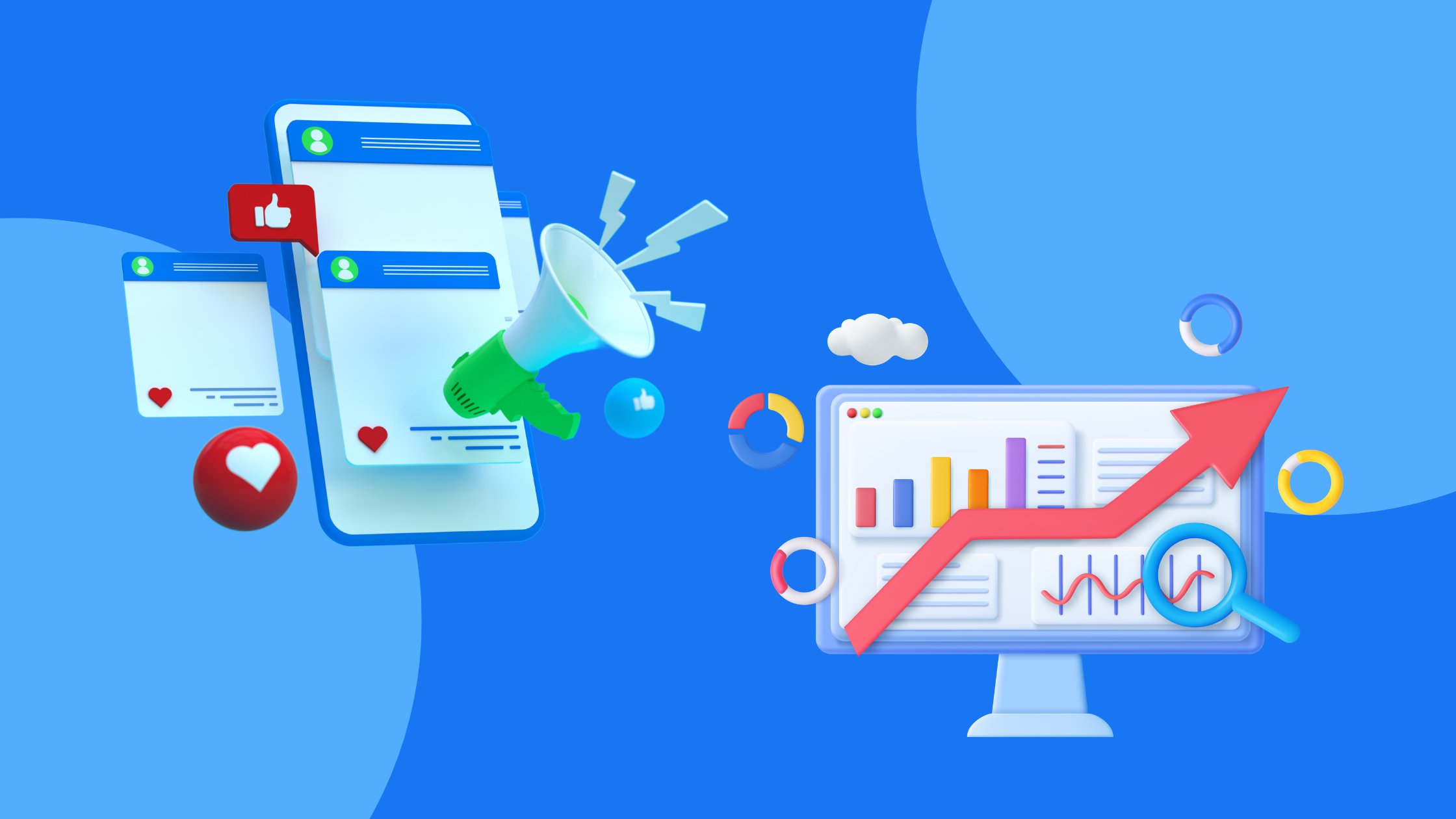Unmasking the most popular paid search misconceptions from business owners searching for a smart advertising investment.
To the uninitiated, pay-per-click (PPC) advertising is traditional advertising — you know, that interruptive stuff you’ve become adept at blocking. It often has the reputation of “internet billboarding,” plastering messages across the internet with misguided attempts at clickbait.

Fortunately, we are the initiated. PPC marketing is the absolute market leader with Google pulling in over $10 billion per year in revenue from their PPC advertising platform Adwords. But like most marketing disciplines, PPC advertising is surrounded by misinformation, making it difficult to separate fact from fiction and leading to trepidation from business owners. The reality is that paid search advertising is an effective marketing utility that can deliver immediate results.
Here’s our list of the most common paid search misconceptions and what you need to know from the experts:
-
“I rank highly in organic search results, so I don’t need PPC”
Organic success is an accomplishment for any website or brand, but SEO and PPC have a cumulative effect when paired together. It requires multiple mentions for a brand to resonate with a consumer, so buying ad space for keywords you’re already ranking for organically simply increases your visibility on the search engine results page and pushes your competitors lower.
According to research from Compete.com, 53% of people click on the first organic search result. This means that even with the top result, you’re still not reaching nearly half of those potential customers. PPC improves your numbers game and your odds of reaching the 47% not clicking on your organic link. A Google study also found that “incremental ad clicks make up 89% of traffic generated by search ads but aren’t replaced by organic clicks when ads aren’t running.” At its core, PPC ads provide clicks to your website that your organic SEO listing could never generate.
-
“PPC strategies only focus on conversion.”
While not entirely untrue (how often have you seen PPC ads that didn’t lead to a lead generation form or call to action?), it’s easy to miss the subtleties of a comprehensive paid search strategy. For instance, by bidding on your brand name as a keyword with brand awareness in mind, you can ensure you consistently appear twice on the search engine results page instead of with a singular organic listing. Display ads also have the potential to solidify your brand identity with your logo dispersed across the internet.
Aside from awareness, paid search also offers a testing ground for new messaging or design concepts. PPC platforms allow quick edits with little risk so that changes in imagery associated with rebranding or target location and demographic expansions can be tested or paused with just a click.
-
“I don’t have the budget to compete in paid search.”
When it comes to beginning PPC initiatives, small to medium-sized businesses are often intimidated by more established corporations, but they stand to benefit with creative bidding. Remaining competitive means switching to longer-tail, peripheral, or complementary keywords in order to acquire the exposure while staying within budget. For example, a business selling running shoes will be dominated by Nike, Reebok and major sports brands by targeting “running shoes” as a keyword. But acquiring specificity with such keywords as “trail running shoes” or “marathon shoes” targets a niche audience. Meeting your top-of-the-funnel consumers is also possible with keywords like “upcoming marathon events” or “running trails” to meet customers potentially interested in your products.
-
“PPC means you ‘set it and forget it.’”
Launching a campaign means daily checks — often hourly — to ensure that your strategy is successful. If bidding on specific keywords proves too expensive, pause them or attempt longer-tail keywords specifying your product or service. If men between the ages of 40-55 are converting more frequently, making quick bid adjustments ensures that your ads are getting served to the right demographic more frequently.
Paid search optimization strategies are limitless. They’re also complicated. To someone unfamiliar with AdWords, the dashboard might appear to have moving parts that never quite connect, even with the burden of your time and resources.
Are you searching for experts to manage your PPC account with thorough and communicative results? Talk to the PPC experts at RLC Media and see how we can grow your digital advertising.
/http://www.rlcmedia.com

